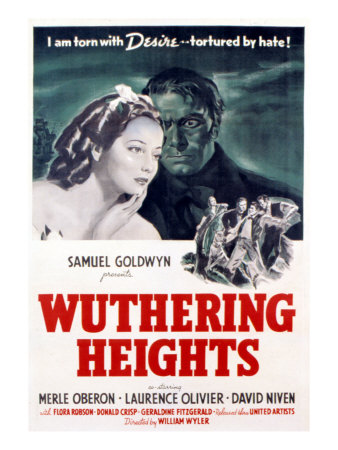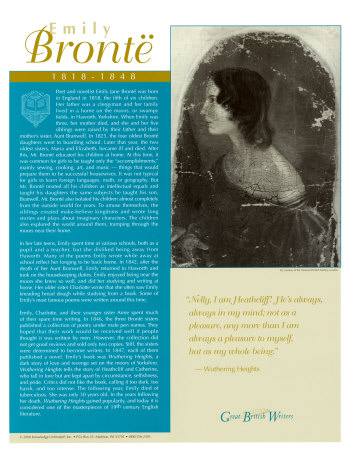In order to write a believable character, you must believe in him or her. Let’s face it, if you’re not convinced your characters are real, how can you expect any one else to? No, I’m not suggesting all authors have psychotic episodes, but it is a widely accepted truth that good characters take on lives of their own.
In my opinion, if your character begins to do things that you didn’t expect him or her to and takes the story in a different direction to the one you planned, that’s a great thing. You may have to rein the unruly character in a bit, but if they seem to be gaining a life of their own, it, usually, means that they’re going to read believably.
So, how do you get to the point where you believe a character is real? Well, simply enough, you just need to get to know them. And the good news is that, because the characters are your creation, getting to know them is a fairly straightforward business. I’m talking about giving your characters a life, a past - think about these things:
- Where did he or she grow up?
- What were his or her parents’ professions?
- When was his or her first kiss?
- What did he or she want to be when they were growing up?
- Which famous figure from history does he or she admire most?
- How tall is he or she?
- Does he or she have any brother or sisters - if so, where are they?
The list can go on and on. Chances are, some, if not all, of these things are irrelevant to the story, but they help you to build a picture of each character. Your reader will never know that your protagonist’s sister was horribly mauled by sloth on a daytrip to the zoo, but it helps you to get inside her head.
It may seem silly, it may even seem like a waste of time. However, by filling the blanks of your characters lives, they stop being just words on a page and start to be whole people. So, don’t knock it until you’ve tried it.


 As mentioned in my
As mentioned in my 
















 How to Avoid College Debton 07/31/2014
How to Avoid College Debton 07/31/2014
 Was Charlotte Bronte Jealous of her Sister Anne?on 07/15/2014
Was Charlotte Bronte Jealous of her Sister Anne?on 07/15/2014
 Whose Side is Cancer Research UK on?on 07/06/2014
Whose Side is Cancer Research UK on?on 07/06/2014
 A Plot Summary of Electra by Sophocleson 07/05/2014
A Plot Summary of Electra by Sophocleson 07/05/2014



Comments
Thank you, Mira. I'm glad you enjoyed it. I agree, there's nothing worse than a one-dimensional character, it completely ruins what could otherwise be a good story. Characters have to be believable, which means they have to be 'real' people - and real people are almost always complex.
You give some great tips! Thank you! I love the idea of complicating the personality of fictional characters. Much too often they're so one-dimensional. Good characters can make good books even when the plot is purposefully lax and there's practically no significant action.
Hello Katie, thanks for the comment. Very pleased that it gave you the odd 'ah-ha'. Glad that it helped to give your muse a nudge! : )
Exciting tips on character development, I had a few ah ha moments while reading this. Great article thank you for the muse.